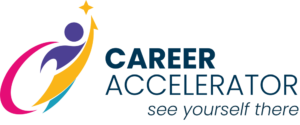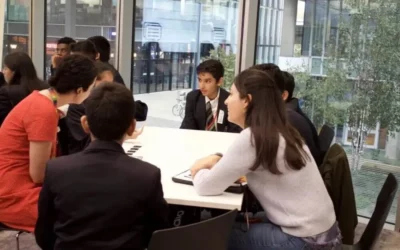The government has just launched a review designed to boost the employment prospects of autistic people and to spread opportunity, close the employment gap and grow the economy. It will focus on supporting employers to recruit and retain autistic people and reap benefits of a neurodiverse workforce.
Mayur Gupta, CEO at Career Accelerator, a leading UK education business, said: “We very much welcome this review as a positive step forward in helping autistic people gain better working opportunities and the chance to succeed in their chosen careers. Businesses can benefit enormously from having a more diverse workforce and bringing in the unique skills and experiences that autistic and neurodiverse people have. Unfortunately, many autistic people can still find it tough to access work and are simply not given the chances that many neurotypical workers have.”
People with autism have particularly low employment rates – with fewer than three in 10 in work. It is estimated that around 1 in 7 people (more than 15% of people in the UK) are neurodivergent with a range of conditions including autism, attention deficit disorders, dyslexia and dyspraxia.
Career Accelerator is focused on improving the lives of neurodiverse people with its ‘Neurodiversity and disability’ programme which connects neurodiverse students with businesses to provide mentoring and work experience opportunities.
The aim is to help businesses build more diverse talent pipelines and support young people aged 14-25 with special educational needs and disabilities (SEND) to prepare for careers in the professional sectors through mentorship with employees at leading companies.
Centrica, Cisco, LinkedIn and Pearson have all taken part in the programme, with their employees mentoring neurodiverse and disabled young people.
Centrica took part in the three-month programme with employees mentoring students from the Tower School in Essex, which provides specialised education for young people with autism and associated conditions. They plan to run the programme twice this year.
One of the mentors from Centrica said: “Being able to see first-hand the difference you can make to how someone feels when applying for jobs and knowing that I have been able to contribute to a positive experience has been really impactful. I’m really proud that this is something Centrica recognises is worth investing colleague’s time on – it’s really important to invest in future generations and people outside of the organisation.”
Pearson also took part with employees mentoring students who are neurodivergent to help them learn about business and prepare for their future careers. The mentees were assigned to Pearson mentors who were also neurodivergent or highly experienced in neurodiversity.
Kevin Lyons, Senior HR Manager at Pearson said, “We participated in the Career Accelerator programme with our employees as mentors to expand their knowledge and understanding of neurodiversity while also benefiting from mentoring young neurodivergent people. By embracing neurodiversity, we aim to attract and retain a diverse neuro inclusive workforce and foster a culture where everyone can thrive. Since the programme, we have changed our recruitment processes to ensure we can attract more people who neurodiverse.”
Mayur Gupta adds: “The feedback from the programme has been tremendous from both the companies involved and the mentees. We hope that through the work we do, and now with the government review, things will improve for people with autism and other disorders. Often businesses don’t know how to engage neurodiverse people even though they recognise it would be beneficial. Our programme makes this easier and we recommend other firms looking to get involved with our mentorship programme to get in touch.”




